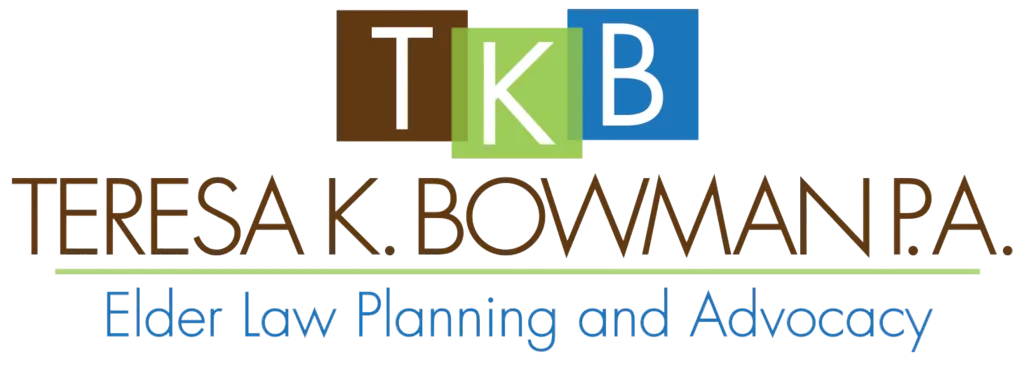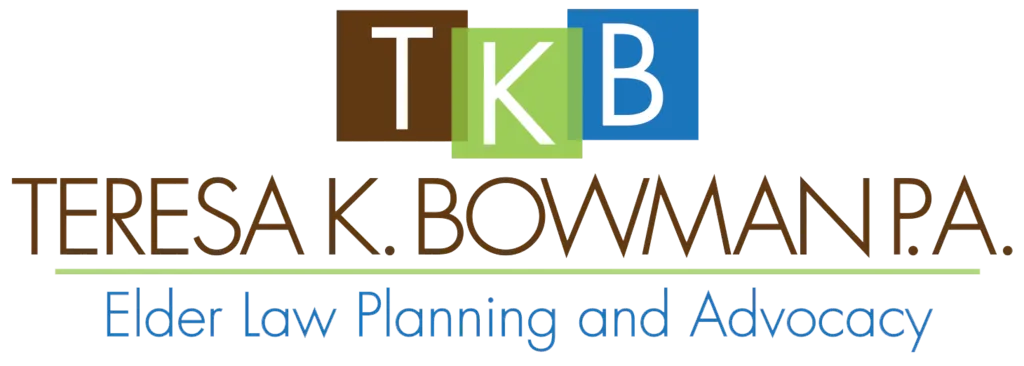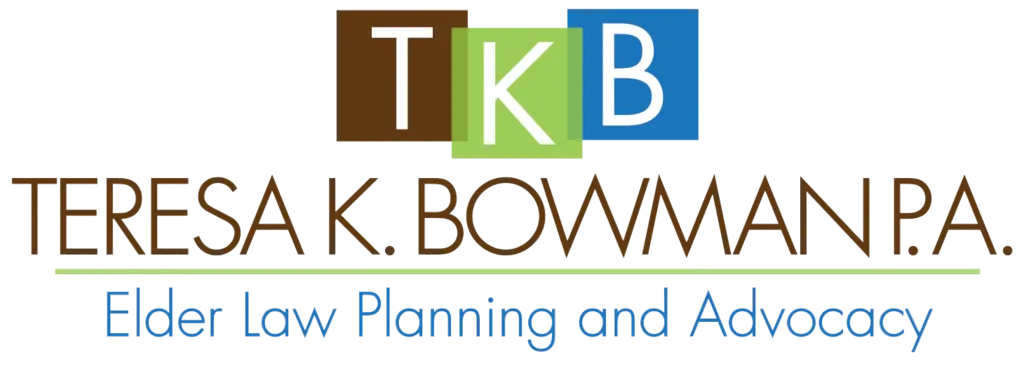Long Term Care Planning: The 4 Essential Documents You Need
- posted: Jun. 07, 2017
Long Term Care Planning: The 4 Essential Documents You Need
Anyone faced with care-giving responsibilities should have long term care planning documents that allow them to act on behalf of the ill or incapacitated person. Without such documents family members and even spouses can be prevented from accessing or managing financial accounts. It also gives peace of mind that someone can act for you. By naming that person before you need them you avoid unnecessary delays for the decision makers and the possibility of family power struggles. In addition, having the proper documents can make long term care planning, and qualifying for public benefits such as Medicaid possible.
Long Term Care Planning Documents
Durable Power of Attorney
– Should contain special provisions that allow long term care planning by family members such as setting up a qualified income trust, contracting for services, sale of homestead, or gifting.
– Allows you to limit the authority you give the agent.
– Durable means it is effective even if you become incapacitated.
Advance Health Care Directive
(a/k/a Designation of Health Care Surrogate and/or Living Will)
– Names a “Surrogate” to make decisions for you IF you are unable to communicate your wishes.
– Can allow access to physicians and medical records.
– Can contain living will provisions that specify your thoughts regarding end of life decisions.
Last Will and Testament
– May need special needs trust provisions for an ill spouse or for a disabled child. Assets that pass via a Last Will and Testament will go through probate if titled in the deceased persons’ name alone.
Trust
-A Revocable Living Trust holds ownership to your assets with you as the trustee during your lifetime. At death it becomes irrevocable meaning your wishes must be followed with regard to the disposition of assets unless amended by the court. There is no probate for your assets as long as the trust is “funded,” meaning your assets have been retitled into the name of the trust.



